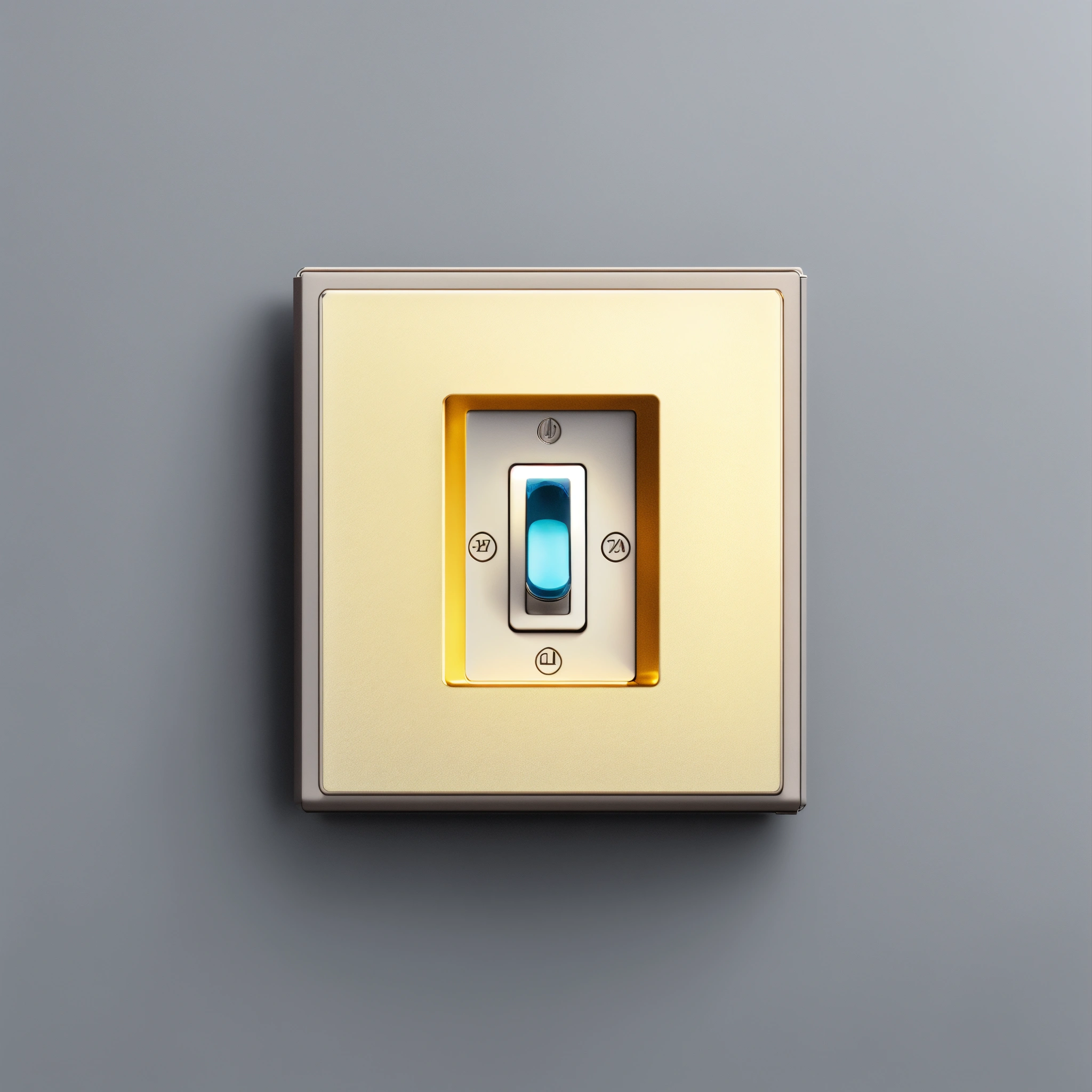In recent years, artificial intelligence (AI) has become a game-changer in almost every industry, and the smart home sector is no exception. From voice assistants to energy management systems, AI is making homes more intelligent, efficient, and personalized. Let’s dive into how AI is transforming the smart home industry in 2025 and beyond.
1. Voice Assistants: Smarter Than Ever
Voice assistants like Amazon Alexa, Google Assistant, and Apple Siri have been around for years. However, AI advancements have made them more intuitive, capable of understanding complex commands, and offering personalized responses. In 2025, these assistants are able to predict needs and offer solutions before even being asked. For instance, they can adjust the thermostat based on past behavior or suggest recipes based on what’s in the fridge.
2. AI-Powered Security Systems
Security is one of the main reasons many homeowners are adopting smart devices. In 2025, AI-powered security cameras and doorbells can recognize faces, distinguish between humans and pets, and send real-time alerts in case of suspicious activity. AI-driven sensors can also track unusual patterns (e.g., doors being left open or windows being tampered with) and proactively alert homeowners, making homes more secure.
3. Smart Lighting Systems
AI in lighting systems is becoming a norm in modern homes. Smart lights can now adjust automatically based on the time of day, occupancy, and even the weather outside. For example, if AI detects a change in your routine, it may automatically adjust the brightness of lights in the living room or kitchen. Moreover, energy-efficient lighting systems powered by AI can optimize power consumption, ensuring that lights are only on when needed.
4. Personalized Climate Control
AI-driven thermostats like Nest have already been making homes more energy-efficient. In 2025, AI will go a step further by learning your daily routines and predicting optimal temperatures throughout the day. These systems will adjust heating and cooling automatically, ensuring that your home is always at the perfect temperature while cutting energy costs. For example, if the system detects you’re about to leave for work, it will adjust the temperature to save energy, then restore it to your preferred settings before you return.
5. Smart Appliances: Efficient & Convenient
AI is also taking over traditional household appliances. Smart refrigerators can now track food inventory, recommend recipes based on available ingredients, and even order groceries when supplies are low. AI-powered washing machines learn from your washing habits, optimizing water and energy usage while providing the best results for your clothes. These appliances adapt to your needs, reducing waste and making life more convenient.
6. AI-Integrated Home Assistants
In 2025, homes will have more advanced AI assistants that not only control devices but also take on multiple household chores. Imagine a robot that not only vacuums the floor but also coordinates with your refrigerator to suggest meals based on your ingredients, runs diagnostics on appliances, and keeps track of essential tasks. These integrated systems promise to simplify everyday life, making the smart home experience more cohesive and enjoyable.
7. Predictive Maintenance
AI will also play a significant role in preventive maintenance. AI-powered devices will monitor appliance health, detecting issues before they become major problems. For example, an AI washing machine can notify you when it’s time to clean the filter or when a part needs replacement. This predictive maintenance will increase the lifespan of devices and reduce costly repairs.
Conclusion: A Smarter Future
The integration of AI in smart home devices is undoubtedly revolutionizing how we interact with our living spaces. With advancements in voice assistants, security, lighting, climate control, and appliances, AI is making homes more efficient, secure, and personalized. In 2025 and beyond, we can expect even more innovative features that will make life easier, safer, and more comfortable.
By staying at the forefront of these advancements, homeowners can create a smart home that not only meets their needs but also adapts and evolves with them.










